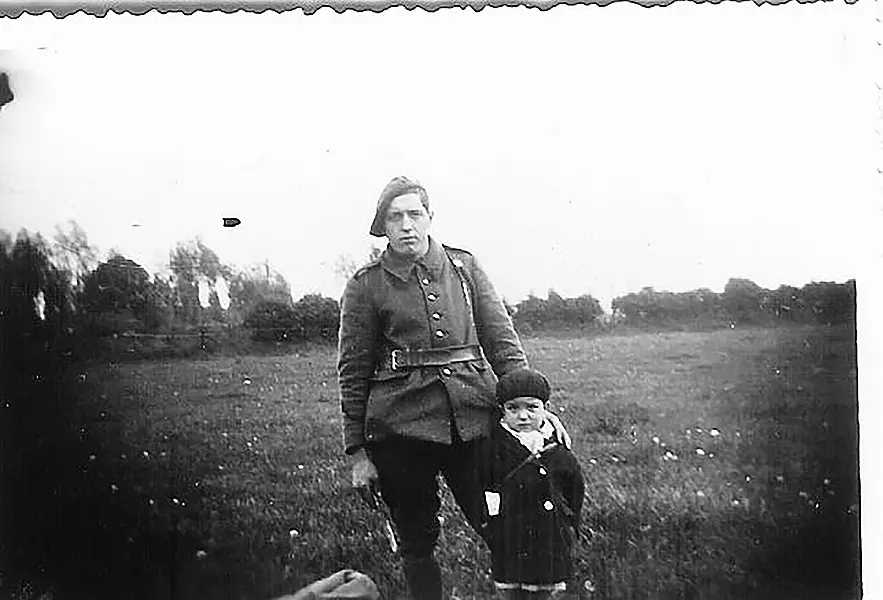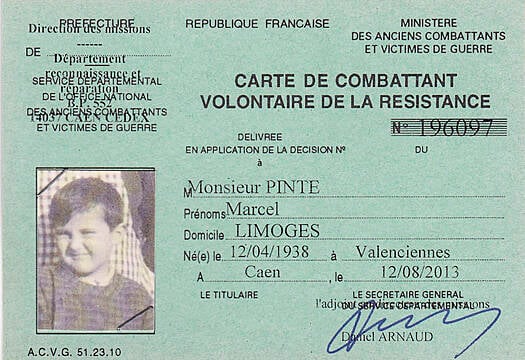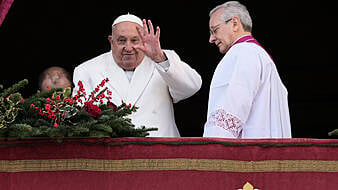A six-year-old member of the French Resistance who died in 1944 has been remembered on Armistice Day.
Last week Marcel Pinte – code name Quinquin – had his name inscribed on a monument to the war dead in Aixe-sur-Vienne, a town of less than 6,000 in central France, near his zone of operation.
The little boy lived at the heart of the “army of the shadows” as Resistance fighters were known in the Second World War, led from London by General Charles de Gaulle and on the ground in his patch of France by his father, Eugene Pinte, a local Resistance chief who set up an operations centre at a farm outside Aixe-sur-Vienne.
His farmhouse received coded messages from London and parachute drops of supplies in a field nearby.
A street was named after the father, codenamed Athos, four years ago for leading the liberation of the town.

Marcel, the youngest of five children, was put to work helping fighters with an array of tasks. He could, for instance, slip away to nearby farms to pass messages, according to accounts published by a relative, Alexandre Bremaud.
Nicknamed Quinquin by Resistance fighters, from a children’s song in northern France where he was born, he served as a veritable liaison agent, but he also was a child.
“There was a bit of carefreeness because of his age. A resident told his father to be careful because Marcel sometimes sang songs learned from fighters,” the newspaper Le Figaro quoted Mr Bremaud as saying.
Sadly, a sensitive Sten automatic pistol dropped from a parachute of arms and munitions into a field let off a spray of gunfire when the arms were being distributed on August 19 1944 and Marcel was killed.
The day before, his father had led a rout of the enemy converging on Aixe-sur-Vienne.

“Very touched by the disappearance of his son… the commander did not change plans and continued encircling (nearby) Limoges with his troops,” read a speech delivered by Mr Bremaud and another family relative, Marc Pinte, for the inauguration in 2016 of the street named Eugene Pinte.
Top Resistance commanders attended the funeral of the child on the morning of August 21 1944. His father helped liberate Limoges that evening.
Several days after Marcel’s death, containers fell in the field in a final drop, but the parachutes were black.
“The British knew that the little Marcel played a real role. This parachute was the calling card sent to the family,” said Marc Pinte, who gave the newspaper Le Monde a guided tour of the area.
An official card for “volunteer combatants of the Resistance” was delivered on August 12 2013, in the name of “Monsieur Marcel Pinte” by the National Office of Former Combatants and War Victims.







